
Nov. 29, 2022
Team develops technique to fabricate electronics onto everyday objects
A Mizzou Engineering team has developed a new technique to fabricate electronics onto everyday objects.
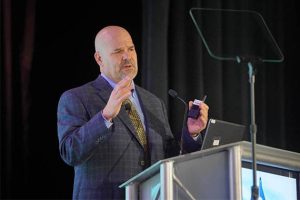
Nov. 28, 2022
Washer delivers Lester/Mehl Honor Lecture at ASNT conference
Glenn Washer, professor of civil and environmental engineering, delivered the Lester/Mehl Honor Lecture at the American Society for Nondestructive Testing (ASNT) conference in Memphis, Tennessee, earlier this month.
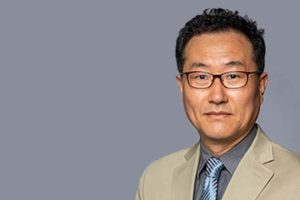
Nov. 10, 2022
Researcher studying supercritical carbon dioxide for efficient applications
Chanwoo Park recently received funding from the U.S. Army to apply supercritical CO2 for cooling systems for unmanned airborne vehicles (UAVs) that take advantage of CO2 in an abnormal state somewhere between a vapor and a liquid.
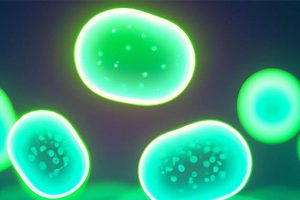
Nov. 10, 2022
Team using fluorescent molecules as biomarkers to study secretion
An interdisciplinary research team received NSF funding to develop a method to follow biological activity using fluorescent molecules
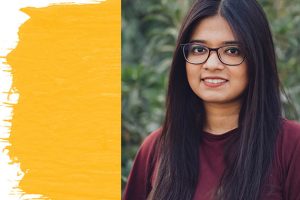
Nov. 9, 2022
Hassan prepares for career in academia at Rising Stars in EECS workshop
PhD student Omiya Hassan had the opportunity to practice interviewing for jobs in academia during the Rising Stars in EECS career workshop held at the University of Texas at Austin last week.
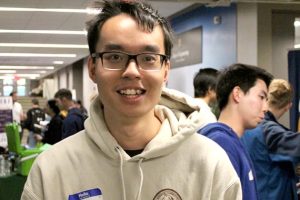
Nov. 8, 2022
First-generation student overcomes fears to help lead largest hackathon on campus
Johnson Luu, a first-generation college student, helped lead TigerHacks this past weekend. What a difference three years make.
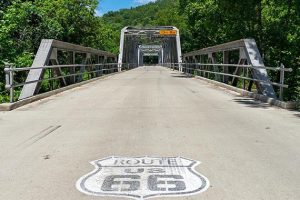
Nov. 1, 2022
Mizzou Engineering hosts biannual Missouri Bridge Conference
Mizzou Engineering recently hosted the biannual Missouri Bridge Conference, bringing representatives from academia, government agencies and industry together to discuss current challenges and priority projects.
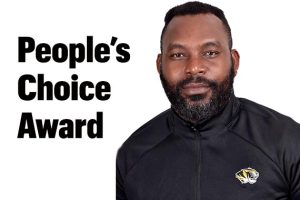
Oct. 31, 2022
Osaze earns 3MT People’s Choice Award for turning tricky plastic into insulation
A PhD student has discovered a way to turn unrecyclable plastic into building insulation that is 150% more effective than its untampered state on the market. For his research, Osasu Osaze earned the People’s Choice Award at this year’s 3MT competition sponsored by the University of Missouri Graduate School.
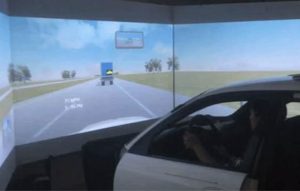
Oct. 25, 2022
Engineering team earns research award for study of autonomous truck platoons
Civil engineering Professor Carlos Sun and his team have received a prestigious award from the American Association of State Highway and Transportation Officials (AASHTO) for their studies of autonomous truck platoons. Sun will receive the AASHTO High Value Research Award in the Safety, Security and Emergencies Supplemental Category at the Transportation Research Board’s (TRB) annual meeting in January.
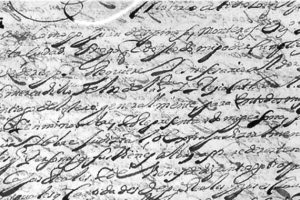
Oct. 24, 2022
Researchers using machine learning to transcript centuries-old scripts
A University of Missouri research team has proved that a machine can be trained to decipher centuries-old script. Now, they want to see if that model is smart enough to read other handwritten documents from the era without as much human assistance.